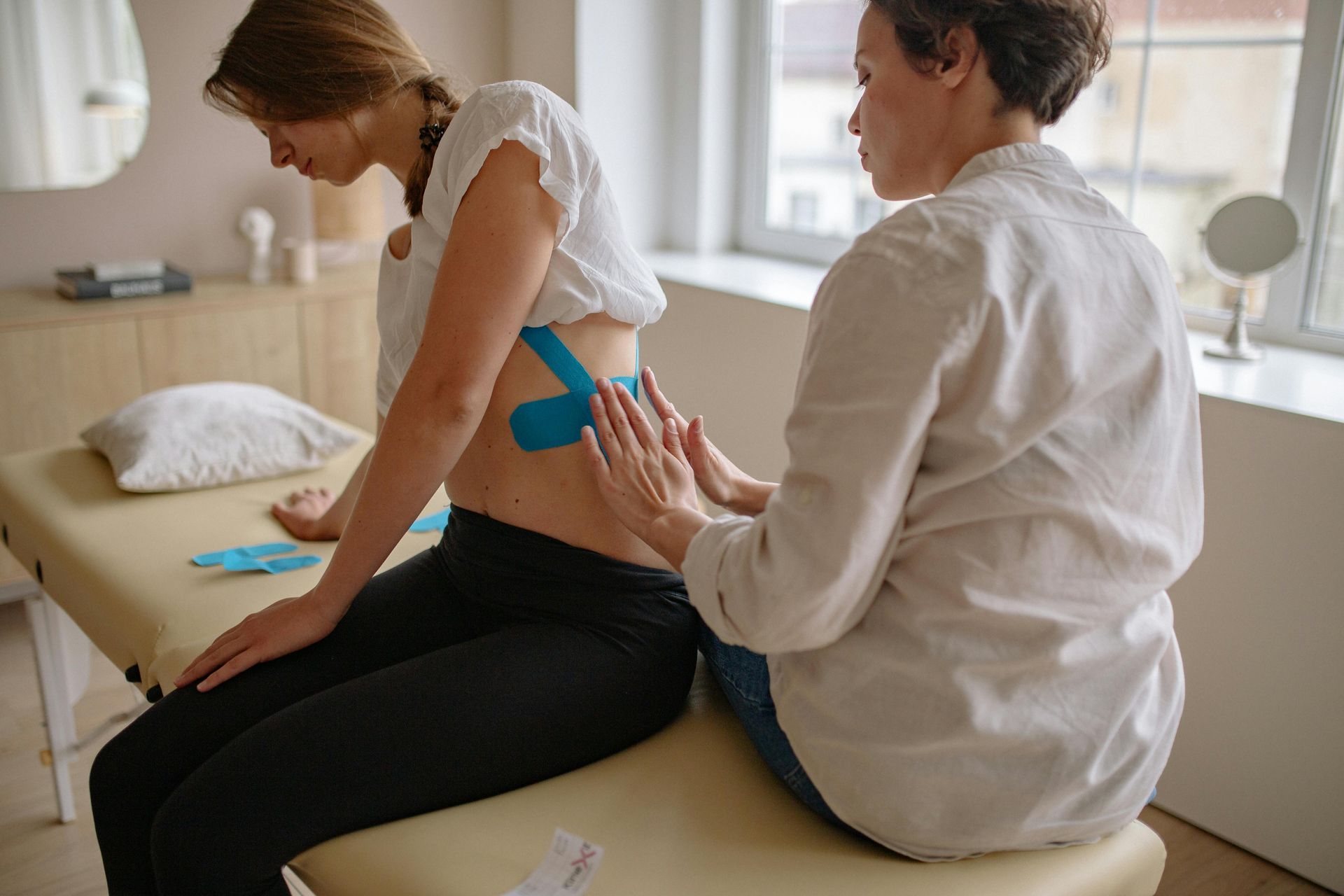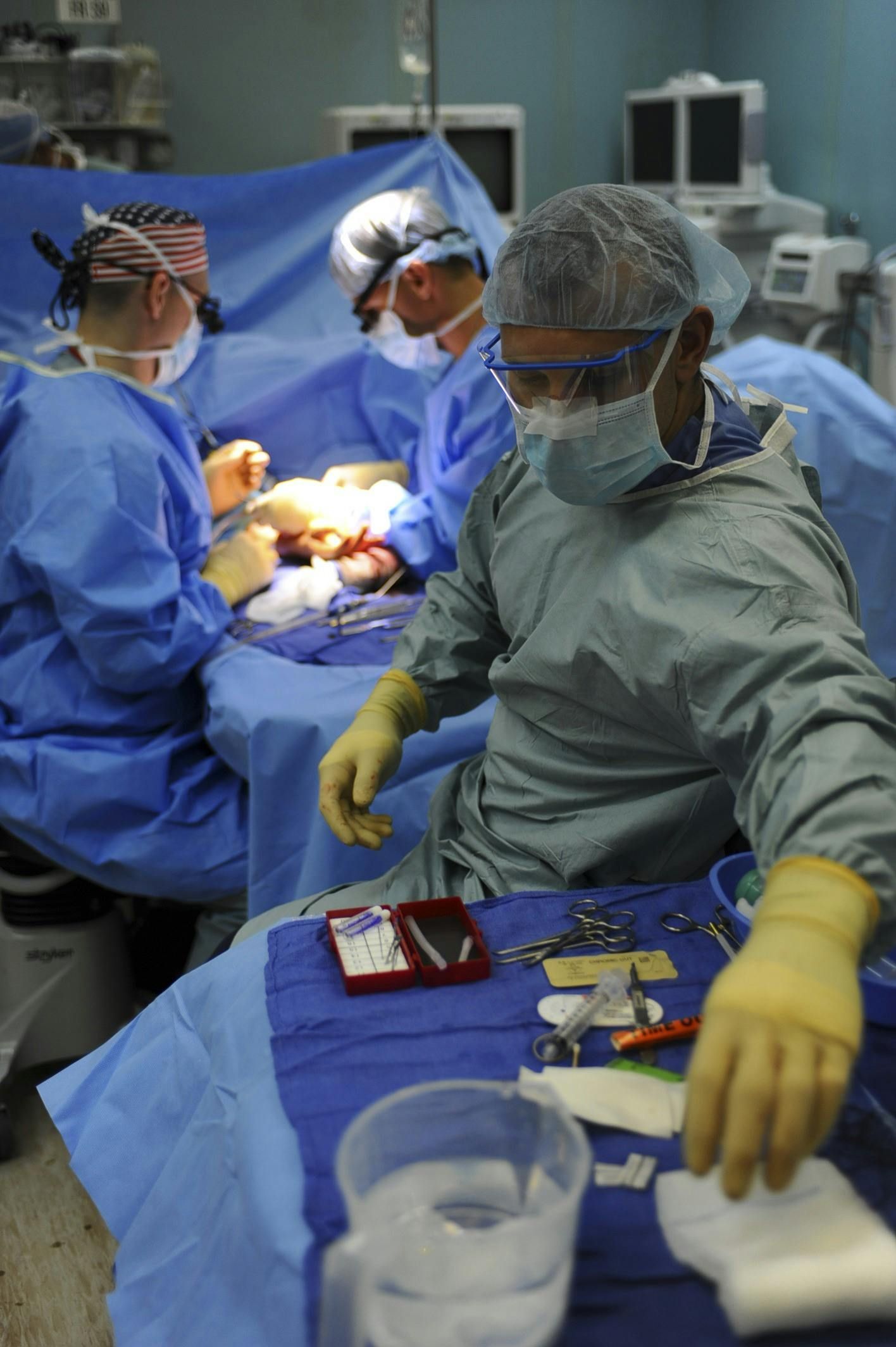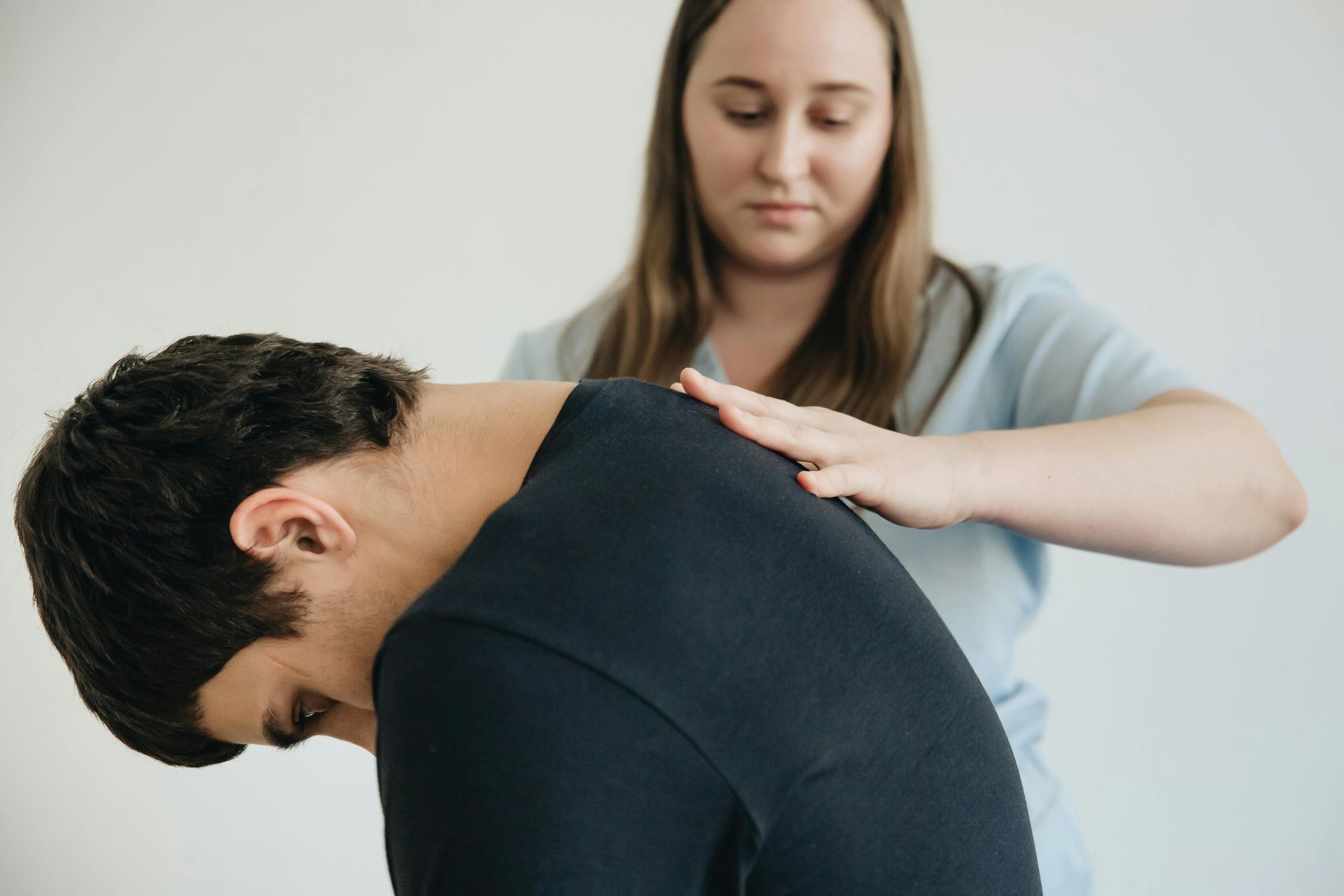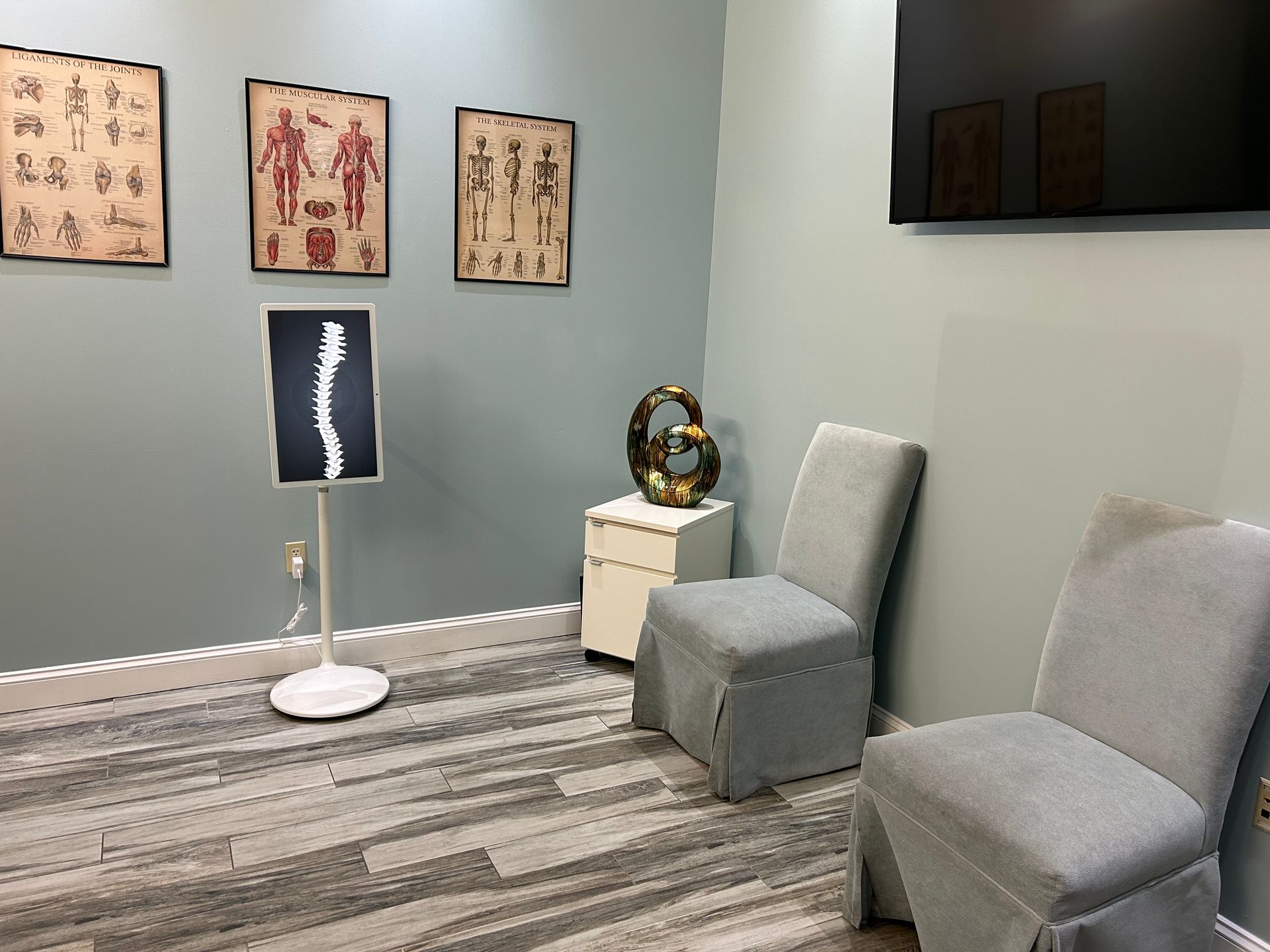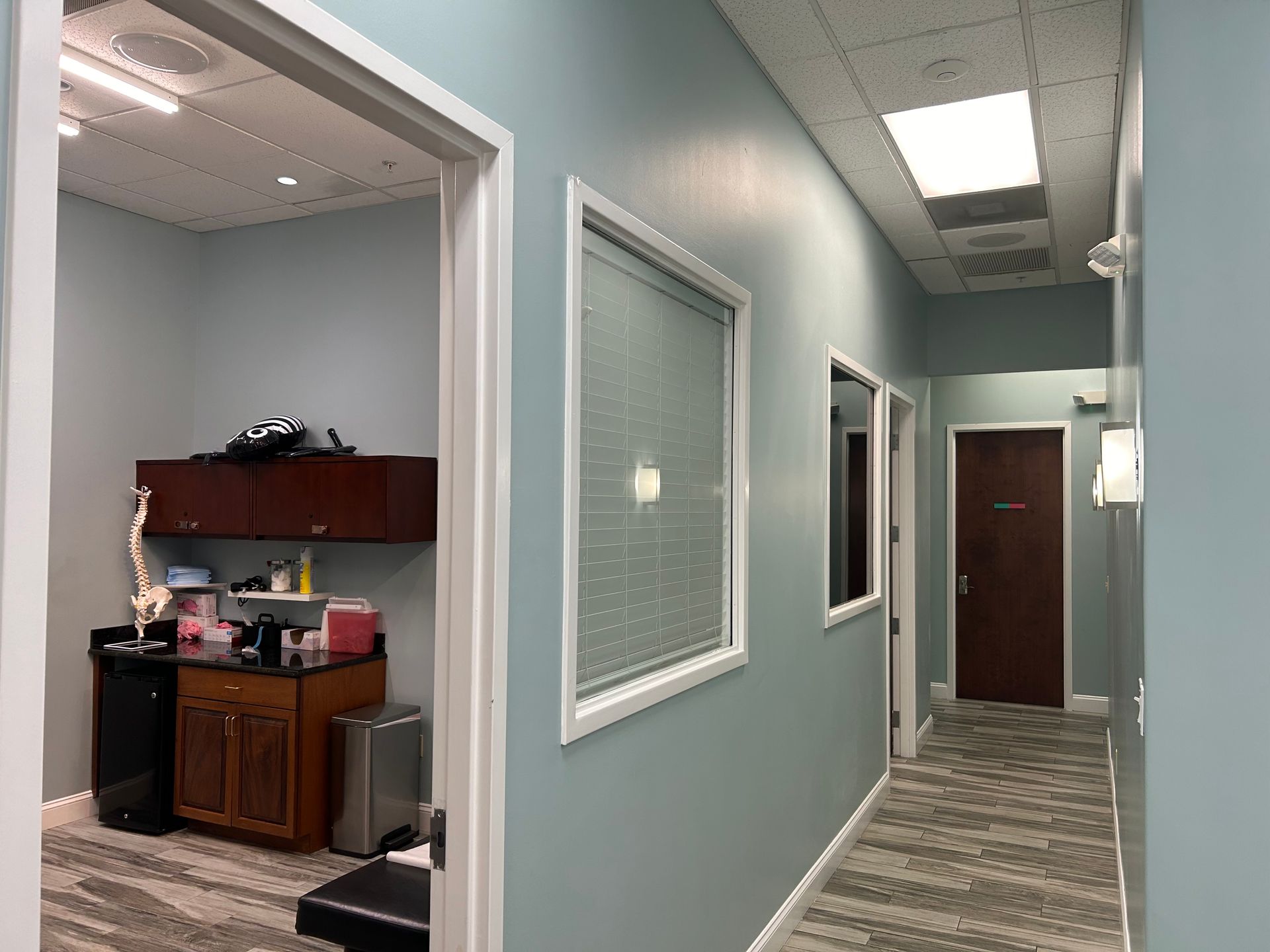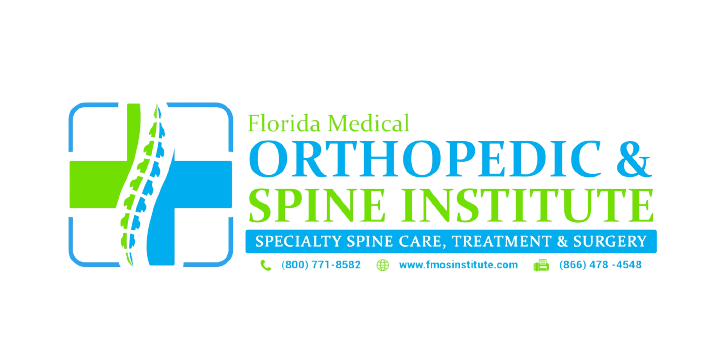How to Prepare for Orthopedic Surgery: A Patient Checklist
Preparing for orthopedic surgery is crucial for a successful outcome. At Florida Medical Orthopedic & Spine Institute, we recommend a thorough patient checklist to streamline your journey. Start by scheduling a preoperative consultation with your physician to discuss your medical history and any medications you’re currently taking. Arrange for post-surgery assistance, ensuring a reliable caregiver is available for the first few days. Prepare your home for recovery by clearing pathways and organizing essential items within easy reach. Lastly, be sure to follow any specific dietary and medication guidelines provided. With proper preparation, you can enhance your surgical experience and promote a smoother recovery.
Contact Us Today
Have a question? Looking for treatment? We’re here to help. Send us a message and we’ll be in touch.
Undergoing orthopedic surgery—whether it’s a knee replacement, rotator cuff repair, or spinal procedure—is a big step toward regaining mobility and reducing chronic pain. While your surgical team will handle the procedure itself, there are several important things you can do ahead of time to ensure a smoother surgery and a faster recovery.
Use this pre-surgery checklist to feel confident and well-prepared heading into your orthopedic procedure.
1. Understand Your Procedure
Before anything else, make sure you understand what the surgery involves.
- Ask questions: What exactly will be done? How long is the procedure? What’s the expected recovery time?
- Know the risks and benefits: A good surgeon will walk you through these clearly.
- Understand your timeline: Ask when you’ll return to work, resume activities, or start physical therapy.
Tip: Bring a notepad or use your phone to take notes during your pre-op appointments.
2. Complete All Pre-Surgical Testing
Your care team will likely order a few tests to ensure you’re ready for surgery, such as:
- Bloodwork
- X-rays or MRIs
- EKG (especially for older adults or those with heart conditions)
- COVID-19 or other infection screenings
Tip: Schedule these tests as early as possible so nothing delays your surgery date.
3. Review Medications with Your Surgeon
Certain medications and supplements may need to be adjusted before surgery.
- Blood thinners (like aspirin or warfarin) may need to be paused
- Herbal supplements can affect bleeding or anesthesia
- Diabetes medications may need adjustment
Tip: Bring a full list of your medications (including over-the-counter and supplements) to your pre-op visit.
4. Plan for Help After Surgery
You’ll need support during the first few days—or even weeks—after surgery.
- Arrange for a family member or friend to drive you home
- Set up someone to help with meals, errands, or mobility at home
- If you live alone, consider a short-term stay at a rehab facility or arrange home health services
Tip: Stock up on groceries, prescriptions, and essentials before surgery day.
5. Prepare Your Home for Recovery
Make your home a safe and comfortable environment to recover in.
- Remove trip hazards (rugs, cords, clutter)
- Set up a comfortable recovery area on the main floor with easy access to a bathroom
- Install grab bars or a shower chair if you’re having joint or spine surgery
- Place commonly used items (remote, phone, water, books) within easy reach
Tip: If using crutches or a walker, practice using them in your home before surgery.
6. Follow All Pre-Op Instructions
Your orthopedic team will provide instructions in the days leading up to surgery:
- When to stop eating or drinking
- When to shower with antiseptic soap
- What medications to take the morning of
- What to bring to the surgery center or hospital
Tip: Prepare a small bag with your ID, insurance info, comfortable clothes, and any necessary documents.
7. Stay Active (If Cleared by Your Surgeon)
Unless otherwise instructed, staying lightly active in the weeks before surgery can improve your recovery.
- Gentle walking or stretching can keep your muscles engaged
- Physical therapy "prehab" may be recommended for better post-op results
Tip: Ask your surgeon if there are pre-surgery exercises you can safely do.
8. Focus on Mental Wellness
Surgery can cause anxiety, even if it’s routine. It’s okay to feel nervous.
- Practice deep breathing or meditation
- Talk to your care team about concerns
- Get plenty of sleep and rest leading up to the procedure
Tip: Knowing what to expect often helps reduce anxiety—don’t hesitate to ask for clarity.
Summary
Preparing for orthopedic surgery isn’t just about the procedure—it’s about setting yourself up for a successful recovery. Use this checklist to stay on track and reduce stress:
✔️ Understand your procedure
✔️ Complete all pre-op tests
✔️ Review medications
✔️ Arrange post-op help
✔️ Prepare your home
✔️ Follow instructions
✔️ Stay active (if cleared)
✔️ Take care of your mental health
Don't Wait, Prioritize Your Health:
The moments following an accident can be chaotic, but prioritizing your health by seeking immediate medical attention is one of the most important decisions you can make. Even if you feel seemingly unharmed, hidden injuries can be lurking beneath the surface.
If you've been involved in an accident, don't delay. Visit your nearest emergency room, urgent care, or schedule an appointment with a personal injury doctor as soon as possible. At FMOS, we are dedicated to providing comprehensive and timely care to accident victims, ensuring you receive the diagnosis, treatment, and support you need to recover fully.
Your health matters. Don't let precious hours pass without getting the medical attention you deserve.
Contact Us Today
Have a question? Looking for treatment? We’re here to help. Send us a message and we’ll be in touch.
